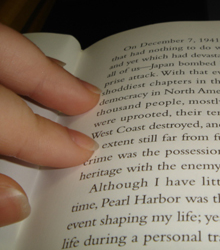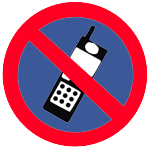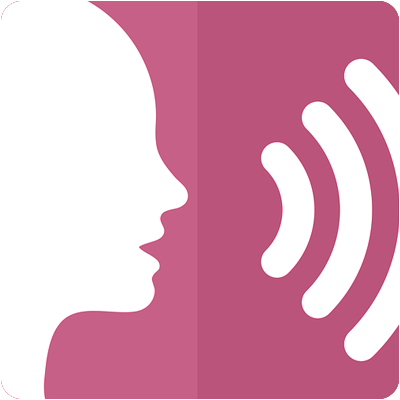Het arrangement Me and my phone DV is gemaakt met Wikiwijs van Kennisnet. Wikiwijs is hét onderwijsplatform waar je leermiddelen zoekt, maakt en deelt.
- Auteur
- Laatst gewijzigd
- 06-02-2022 14:40:07
- Licentie
-
Dit lesmateriaal is gepubliceerd onder de Creative Commons Naamsvermelding 4.0 Internationale licentie. Dit houdt in dat je onder de voorwaarde van naamsvermelding vrij bent om:
- het werk te delen - te kopiëren, te verspreiden en door te geven via elk medium of bestandsformaat
- het werk te bewerken - te remixen, te veranderen en afgeleide werken te maken
- voor alle doeleinden, inclusief commerciële doeleinden.
Meer informatie over de CC Naamsvermelding 4.0 Internationale licentie.
Aanvullende informatie over dit lesmateriaal
Van dit lesmateriaal is de volgende aanvullende informatie beschikbaar:
- Toelichting
- Lees en luister oefeningen voor vak Engels met als onderwerp mobiele telefoon.
- Leerinhoud en doelen
- Engelse taal en cultuur; Dagelijks leven; Lezen; Luisteren en kijken;
- Eindgebruiker
- leerling/student
- Moeilijkheidsgraad
- gemiddeld
- Trefwoorden
- leerlijn, rearrangeerbare
Bronnen
| Bron | Type |
|---|---|
|
Maak deze online opdracht - Text message to a friend https://learnenglish.britishcouncil.org/skills/reading/elementary-a1/text-messages-to-a-friend |
Link |
Gebruikte Wikiwijs Arrangementen
hau, siweng. (z.d.).
1.1 Having a mobile phone- b34 - kopie 1 - kopie 1
https://maken.wikiwijs.nl/184786/1_1_Having_a_mobile_phone__b34___kopie_1___kopie_1
Verhees, Karen. (2017).
Me and my phone vmbo-kgt34


 Introduction
Introduction 10 strangest smartphone cases
10 strangest smartphone cases
 Simon and Todd share feelings about the phone.
Simon and Todd share feelings about the phone.
 Introduction
Introduction
 Marcia’s problem
Marcia’s problem


